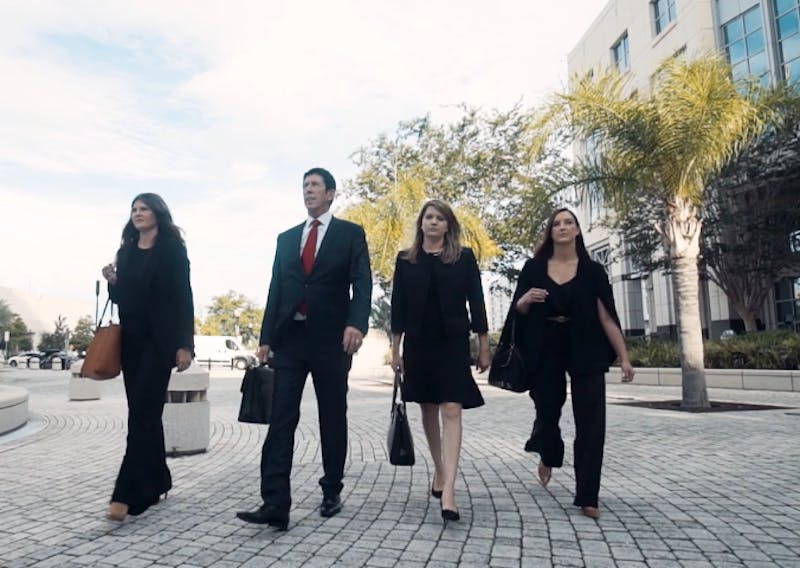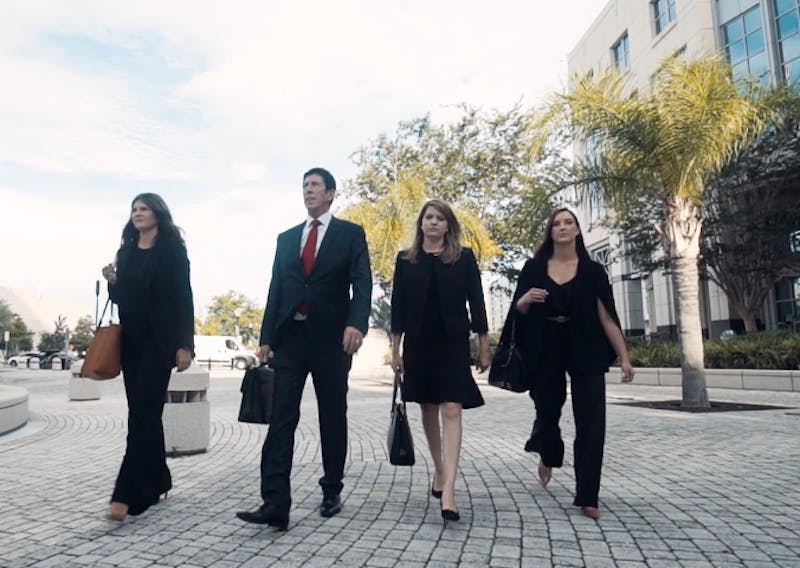30
Dec
Stay-at-Home Mom's Guide to Divorce
The O'Mara Law Group is available to assist stay-at-home mothers facing a divorce. Our team of family law professionals can offer support in various areas, such as financial planning, custody arrangements, and mothers’ rights. Our guide will help you develop strategie...
View More30
Dec
What to Do if a Friend Has Been Arrested
A friend or close family member has been arrested—now what? What are their rights? What are your rights? What can you do to help them, especially if they struggle with an illness, disability or mental health issue? Here, the experienced criminal defense attorneys at the O&...
View More23
Dec

When Is Speeding A Crime In Florida?
No one wants to be pulled over by the police for speeding. Still, most people think that speeding is a minor traffic infraction. In many cases, this is true. However, there are times when speeding is considered a crim...
View MoreCategory: Criminal Defense
23
Dec

How Does Bail Work in Florida?
When a person gets arrested and placed in jail, one of the first things they (and often times friends and family) must immediately focus on, is how to get out of jail as quickly as possible. Generally, before a person...
View MoreCategory: Criminal Defense
23
Dec

What You Need to Know About Bigamy in Florida
For some of the people tying the knot in just one marriage is just not enough. Some people prefer getting married more than one time. When you are getting married to more than one person, this concept is referred to a...
View MoreCategory: Criminal Defense
23
Dec

What to Expect During a DUI Stop in Orlando
Seeing a police car’s flashing lights and hearing the siren behind you is a very unsettling experience for anyone on the road. You may not realize right away that you are being pulled over for a suspected DUI, but you...
View MoreCategories: Criminal Defense Dui
23
Dec

What If a Police Officer Wants to Search My Car?
Being pulled over is a scary experience. In many cases, the interaction between the driver and officer is very brief. A police officer may just issue a warning or a ticket, and the driver is free to g...
View MoreCategory: Criminal Defense
23
Dec

Protesting vs. Rioting: What’s the Difference?
Protests continue around the country after the death of George Floyd, Breonna Taylor, and Ahmaud Arbery. In some cities, such as Portland and Seattle, police have declared riots and many protesters have been arrested. The situation has sparked many conversations around the...
View MoreCategory: Criminal Defense
23
Dec

What Is A No Contest Plea?
I’m often asked what a plea of No Contest actually means. Regardless of the seriousness of a crime, it is important for criminal defendants to know their options when it comes to their choice of plea. Gu...
View MoreCategory: Criminal Defense
23
Dec

What Happens to a Timeshare in a Divorce?
Marital property, which is defined as the assets and liabilities acquired during a marriage, are subject to Florida’s property division rules. Florida is an equitable distribution state, meaning the property is divide...
View MoreCategories: Divorce Family Law

